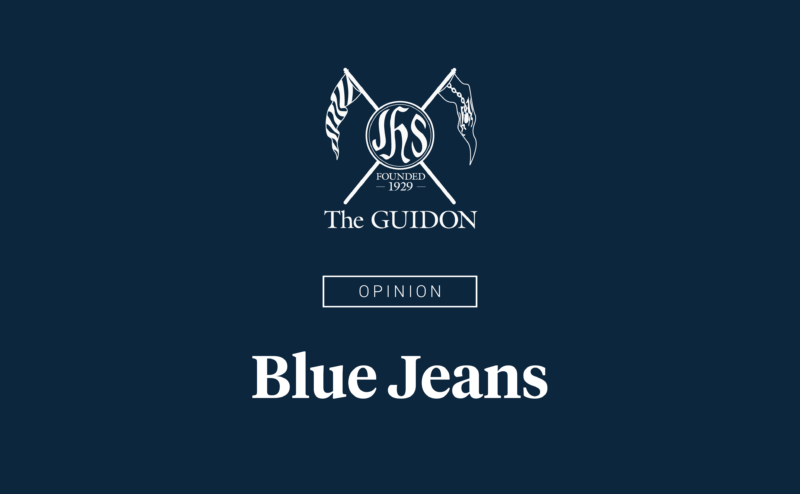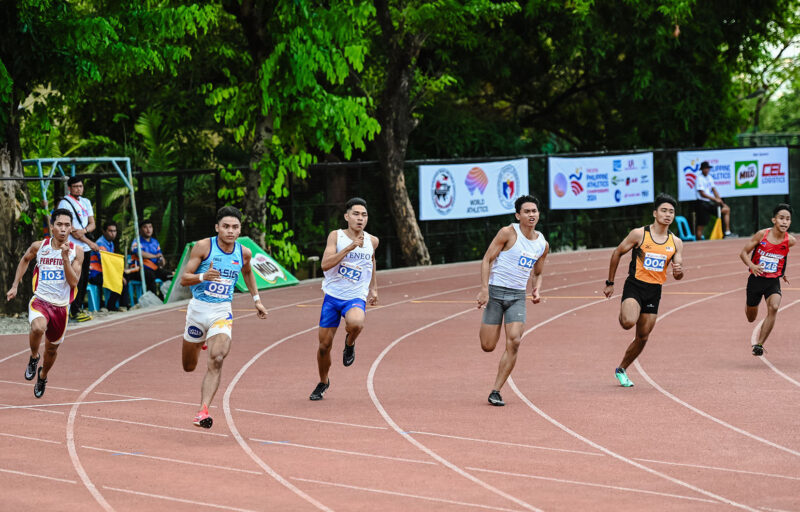UPON PRESIDENT Ferdinand Marcos Jr.’s election to the highest seat in the land, many Filipinos feared that he would leverage his position to clear the Marcos name. These fears have materialized throughout his first year in office, with the most recent development being the Department of Education’s (DepEd) September 11 memorandum to change “Diktadurang Marcos” to merely “Diktadura” in the Grade 6 Araling Panlipunan curriculum.
Vice President and Education Secretary Sara Duterte’s MATATAG Curriculum, which aims to decongest the current K to 12 Curriculum, was cited as a supposed factor to the removal of the “Marcos” name in association with “Diktadura.” Evidently, however, no logical links arise as to how the change will contribute to the decongestion of the curriculum.
In this vein, the move has provoked various groups like Alliance of Concerned Teachers (ACT), who worry that the change is being implemented under political pressure from the Marcos-Duterte duo with intent of historical distortion. While DepEd Bureau of Curriculum and Teaching Director Joyce Andaya has denied any such allegations, the context revolving around the decision says otherwise.
For one, the change in curriculum is not an isolated case of Marcos Jr. attempting to clear his family’s name. Since the Marcos family returned to the Philippines in 1992, their efforts towards historical distortion have been robust and persistent. Their stronghold in Ilocos Norte has spanned across three generations for three decades now, establishing their grip on Philippine politics.
This bid for re-legitimacy has culminated in Marcos Jr.’s campaign and eventual victory for the presidency. During this stretch, he employed various actors, such as controversial consulting firm Cambridge Analytica, to engineer easily digestible disinformation on social media. These strategies have produced short-form online content that takes facts out of context and paints Marcos Sr.’s martial law regime as the “golden age.”
Due to the organized nature of these efforts, international journalistic bodies have attributed Marcos Jr.’s victory to a well-oiled political machinery built on disinformation. Now, with the new curriculum, formal education would fail to correct information being spread through informal sources already penetrated by the Marcoses’ disinformation network.
For another, the timing of the revision being implemented under Duterte-Carpio’s authority as Education Secretary is too convenient to ignore. It is a testament to the alliance formed by the Marcoses and the Dutertes during the campaign period of the 2022 national elections to safeguard their political ambitions rather than the wellbeing of the Filipinos, who are their constituents.
As such, while DepEd purports that these changes are aimed towards integrating patriotism within students, there is clearly a political will to sever the bloody, despicable legacy of Martial Law from the name of the Marcos family, who were its chief architects and enforcers—and the ones who most benefited from the era.
The reduction of “Diktadurang Marcos” to “Diktadura” dissociates the atrocities from the Marcos family, another tactic of evading accountability from the Martial Law and its atrocities. Such a strategy, if ingrained to the new generation, can minimize the period between 1972 to 1986 to simply an era when Martial Law was declared as a mere constitutional provision.
Efforts to rewrite history through the DepEd directive also sets a dangerous precedent in the political arena. Politicians who commit grand crimes already enjoy much impunity due to the nation’s forgiving nature; however, the Marcos-Duterte tandem’s efforts at historical distortion have innovated tactics to not only make Filipinos forgive but completely forget. If these agenda continue to flourish, the cycle of oppression will be normalized and citizens will have little to no deterrent for autocracy.
Put simply, this move exacerbates the need to properly acknowledge the crimes committed during Martial Law—and to do so with rigor. Fundamentally removing Marcos Sr. from this period in our history is not only a disservice to the countless survivors who have fought and persisted against an authoritarian regime, but further contributes to the desensitization of the atrocities that occurred at the Marcoses’ behest.
In a time where historical integrity should be upheld the most, we should recognize all attempts of historical distortion and denialism for what they are: a spit in the face of freedom from the oppression brought about by the Marcos dictatorship—freedom that many courageous Filipinos suffered and died for.
If the DepEd directive pushes through, the next generation of our youth is at risk of repeating the same mistakes that we have all been collectively condemning. This issue, admittedly, transcends just the DepEd directive, as it also points to the grave state of the spaces of information continually polluted by unjust political motivations. Having such a clouded and distorted sense of history could jeopardize the younger generation’s ability to recognize dictatorial tendencies, resulting in a society with a damaged sense of justice and democracy. Instead of molding leaders capable of truthfully serving its people, the directive will mold the younger generation into individuals who lack vigilance against authoritarian rule.
We must not let the Marcos family wash their hands of tens of thousands acknowledged stories of abuse and torture—70,000 imprisoned, 34,000 tortured, and 3,240 killed Filipinos—and countless others which remain untold. We must not forget the economic downturn, the effects of which we still feel today, that the Marcoses’ wanton plunder wrought upon the country. Most of all, we must not let the fight against corruption, impunity, and state violence of our Filipino leaders and heroes from back then be in vain.
Now, The GUIDON urges the youth nationwide to rally as one in our responsibility to stand with the truth, and nothing but the truth. From the local to the national level, organizations must revisit their ideals and goals to unearth the inherent patriotic responsibility that all youth groups have.
In resisting historical distortion and dominant narratives normalizing oppression, we are urged to develop counter-narratives that are just as resonant yet genuinely reflective of truth and justice. Such can be achieved not only through capacitating the youth with media and information literacy skills, but building our collective power to push back against the prevailing harmful discourse in our information spaces. Together, let us fearlessly stand to uproot the seeds of false nationalism in the Philippines.






